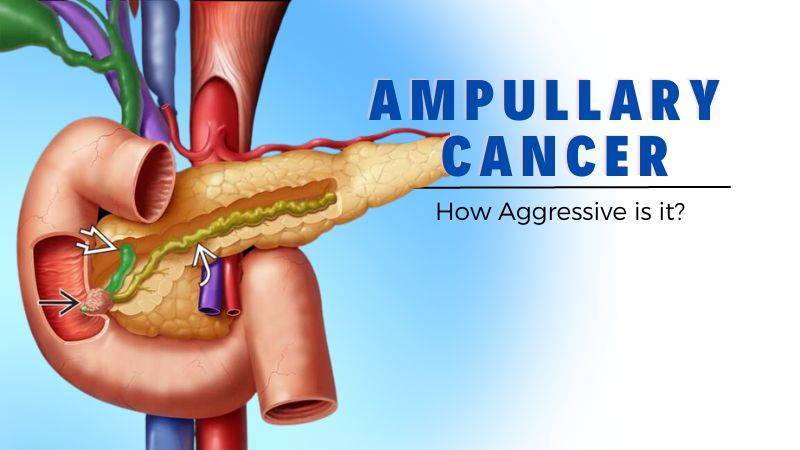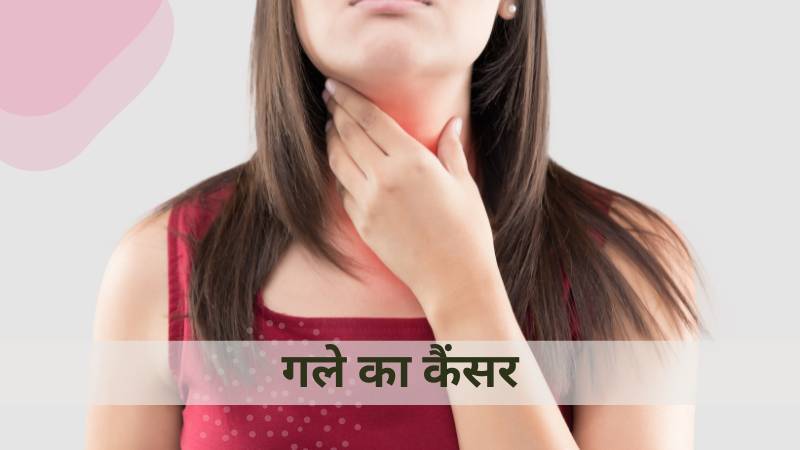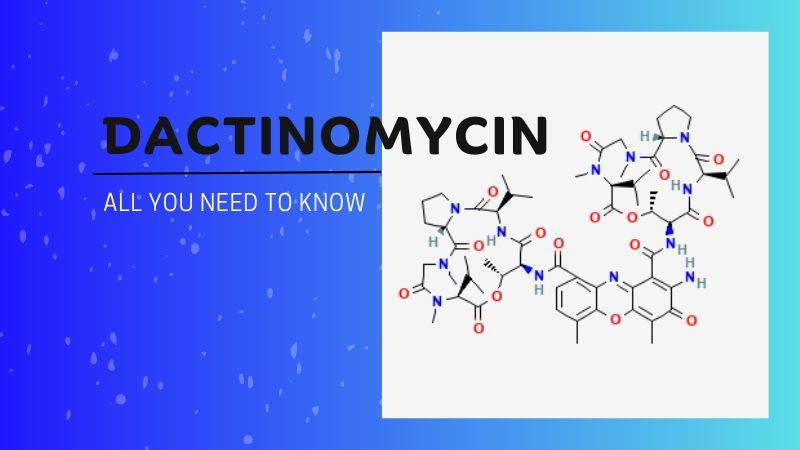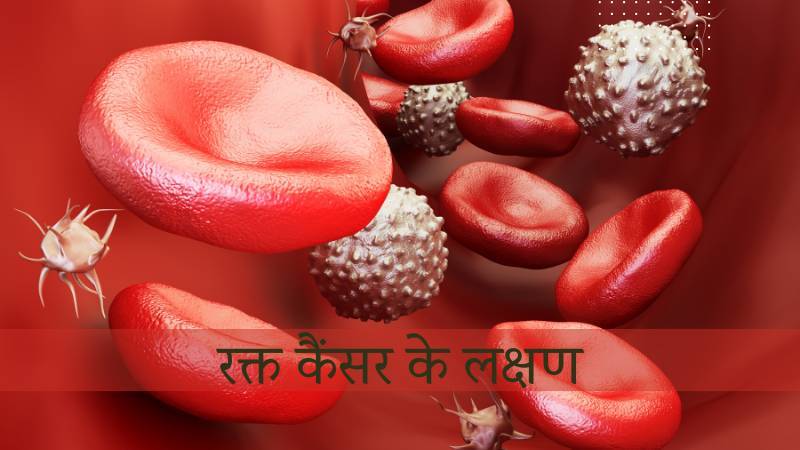“Say Goodbye to Gum Problems – Eat Right for a Healthy Smile!”
Outline
If you have gum problems, it’s difficult to know what to eat.
Eating the wrong foods can cause further irritation and pain while eating the right foods can help to reduce inflammation and promote healing.
Gum disease can be challenging to manage and improve without precise knowledge, as many prevailing beliefs tend to exacerbate the problem instead of alleviating it.
It is crucial to clarify misconceptions.
To effectively halt the advancement of gum disease, a comprehensive strategy encompassing three vital components is necessary:
- A diet combating gum disease
- Expert assistance
- Appropriate dental hygiene practices
In this article, we will discuss some of the best foods to eat and foods to avoid if you have gum problems. We will also provide some tips for maintaining good oral health.
Key Nutrients for Fighting Gum Diseases
Gum diseases, such as Gingivitis and Periodontitis, are serious oral health issues that can lead to tooth loss and other complications. Fortunately, several key nutrients can help fight gum diseases and keep your mouth healthy.
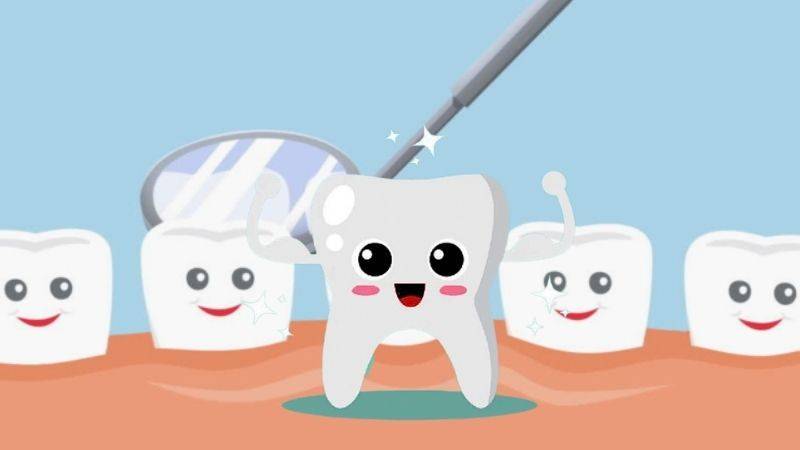
Vitamin C:
Vitamin C plays a crucial role in combating bacterial infections and reducing gum bleeding. It also fortifies the gums and other soft oral tissues by promoting collagen production, a protein that composes gum structure.
Foods rich in vitamin C encompass strawberries, and citrus fruits such as oranges, potatoes, broccoli, blackcurrants, brussels sprouts, and bell peppers.
Vitamin D:
Helps to strengthen the bones and teeth, and also helps to reduce inflammation in the gums. Vitamin D can be found in foods such as salmon, tuna, and fortified milk.
Calcium:
An important mineral for fighting gum diseases is to strengthen the bones and teeth and reduce inflammation in the gums. Foods rich in calcium include dairy products, leafy greens, and fortified cereals.
Omega-3 fatty acids:
Foods are rich in Omega-3 offer numerous health benefits, including their anti-inflammatory properties that alleviate gum discomfort and repair gum disease damage. Omega-3-rich foods include fatty fish such as salmon, herring, and mackerel, as well as sesame seeds, flax seeds, macadamia nuts, and pistachios.
Zinc:
Zinc helps to reduce inflammation and can help to heal existing gum tissue. Foods rich in zinc include oysters, beef, and fortified cereals.
How to Choose Foods That Help Relieve Gum Problems
Good gum health is essential for overall health and well-being. By making the right dietary choices, you can help relieve gum problems and protect your gums from further damage.
Choose foods that are rich in
- vitamins and minerals
- high in calcium
- high in antioxidants
- low in sugar
Eating a balanced diet that is rich in vitamins, minerals, and antioxidants can help keep your gums healthy and strong.
7 Best Foods to Eat to Help Prevent Gum Disease
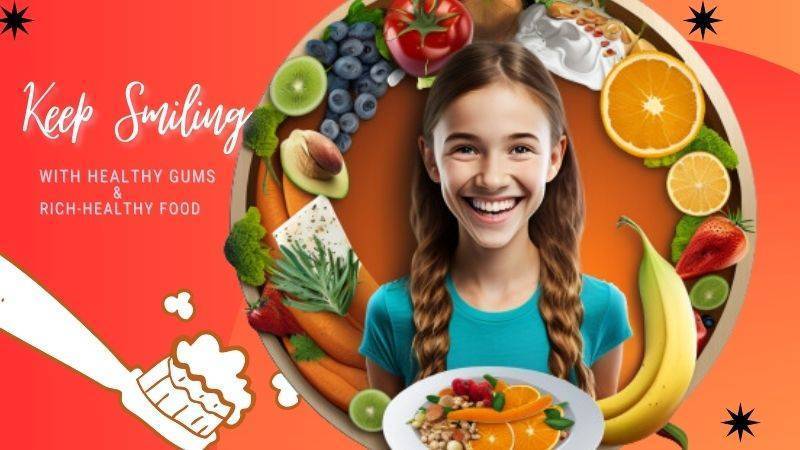
Gum disease is a serious condition that can lead to tooth loss and other health complications. Here is the list of 7 best foods to eat to help prevent gum disease:
1. Leafy Greens: Leafy greens, such as spinach, kale, and collard greens, are packed with vitamins and minerals that can help keep your gums healthy. They are also high in fiber, which helps to remove plaque from your teeth.
2. Apples: Apples are a great source of vitamin C, which helps to strengthen your gums and reduce inflammation. Eating an apple a day can help keep the dentist away!
3. Yogurt: Yogurt is a great source of probiotics, which can help to reduce inflammation in the gums. It also contains calcium, which helps to strengthen your teeth and gums.
4. Nuts: Nuts are a great source of protein, which helps to keep your gums healthy. They also contain healthy fats, which can help to reduce inflammation.
5. Fish: Fish, such as salmon and tuna, are packed with omega-3 fatty acids, which can help to reduce inflammation in the gums.
6. Garlic: Garlic contains allicin, which has antibacterial properties that can help to fight off bacteria that can cause gum disease.
7. Green Tea: Green tea is packed with antioxidants that can help to reduce inflammation in the gums. It also contains catechins, which can help to fight off bacteria that can cause gum disease.
By incorporating these seven foods into your diet, you can help to prevent gum disease and keep your gums healthy
In addition to eating rich foods, it is also important to practice good oral hygiene.
Brushing and flossing regularly can help to remove plaque and bacteria from the teeth and gums, reducing the risk of gum disease. Remember to visit the dentist regularly for checkups and cleanings.
7 Foods to Avoid if Your Gums are sick
If your gums are sick, it is important to be mindful of the foods you eat. Eating the wrong foods can worsen your condition and cause further discomfort.
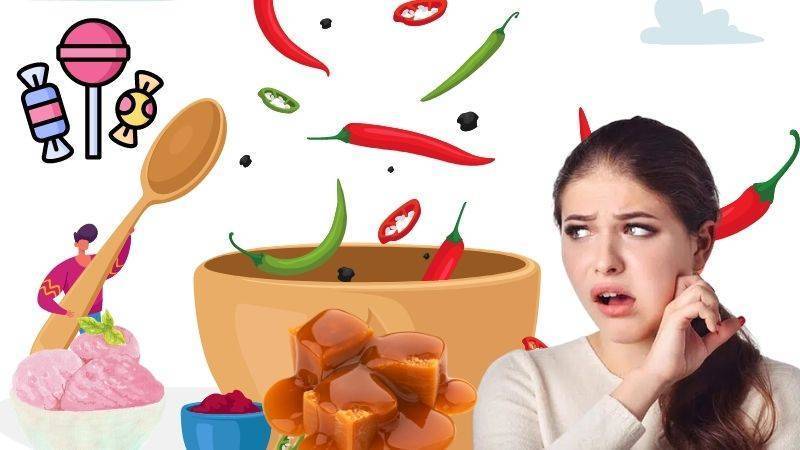
Here are 7 foods to avoid if your gums are sick:
1. Hard foods: Such as nuts, popcorn, and hard candy can be difficult to chew and can irritate your gums.
2. Spicy foods: Can cause inflammation and irritation in your gums, making them more sensitive.
3. Sugary foods: These can cause bacteria to grow in your mouth, leading to gum disease.
4. Acidic foods: Such as citrus fruits and tomatoes can erode the enamel on your teeth, making your gums more vulnerable to infection.
5. Sticky foods: Such as caramel and taffy can get stuck in your teeth and gums, leading to plaque buildup and gum disease.
6. Alcohol: Can dry out your mouth, making it more susceptible to infection.
7. Tobacco: Can cause gum disease and other oral health problems.
Avoiding these items can aid in safeguarding your gums from additional harm and unease. For any inquiries or apprehensions regarding your gum well-being, don’t hesitate to consult your dentist.
Keep Smiling!
Also Read:
Why is Protein Important in Your Diet



